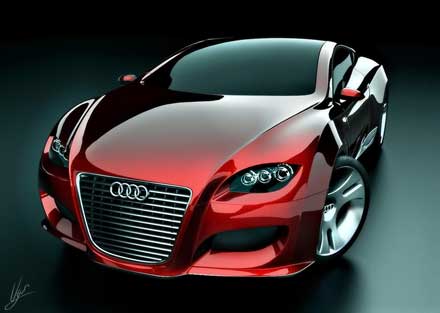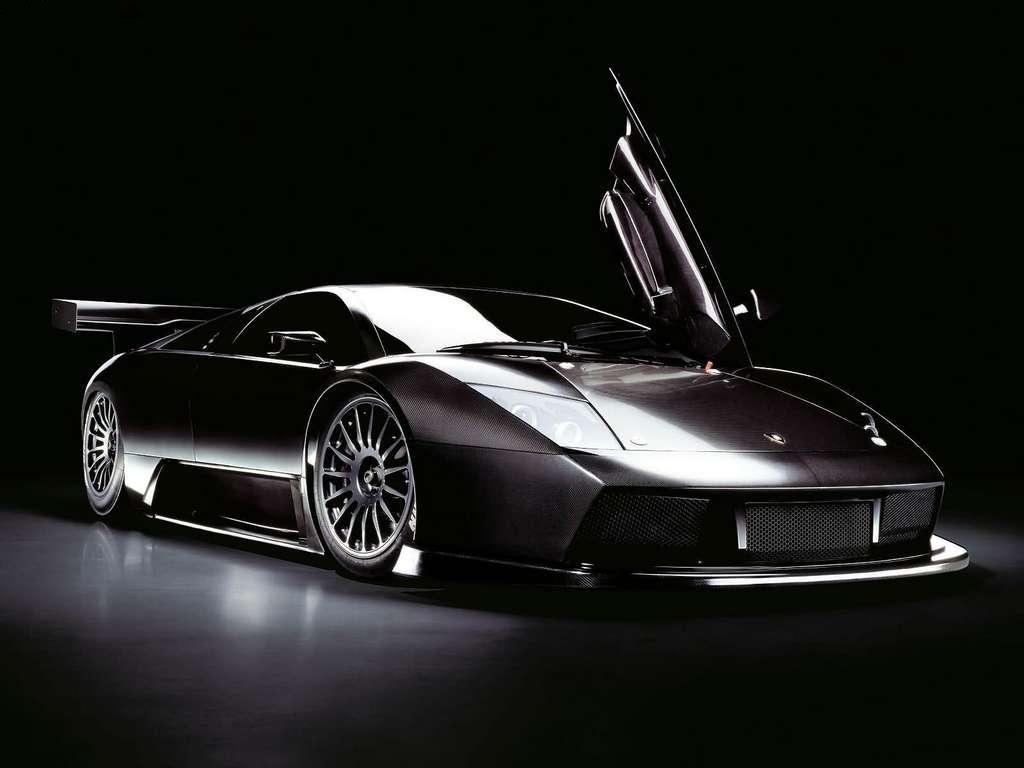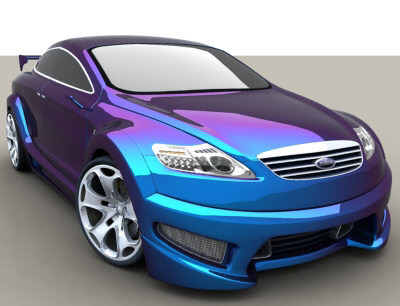The electric motor develops a maximum output of 136 hp and a maximum torque of 320 Nm which promise to give better acceleration figures than a B-Class fitted with a standard 2.0-litre petrol engine. At the same time, the zero-emission fuel-cell drive uses the equivalent of just 2.9 litres of fuel (diesel equivalent) per 100 km.
But before we get to see the fuel-cell powered B-Class on the road, Mercedes-Benz has to subject the vehicle to rigorous testing in order to get things right. Over the past few months, the German carmaker’s engineers took the B-Class F-CELL up to northern
The main goal of the German carmaker in these tests was to focus on the interaction between the different components under real-life winter conditions at double-digit, below-zero (Celsius) temperatures. Additionally, Mercedes-Benz also used the winter tests to adapt the Electronic Stability Program (ESP) to the special requirements of a fuel-cell vehicle. A special feature in this context is that an electric motor exhibits different speed governing behaviour to that of standard combustion engines.









